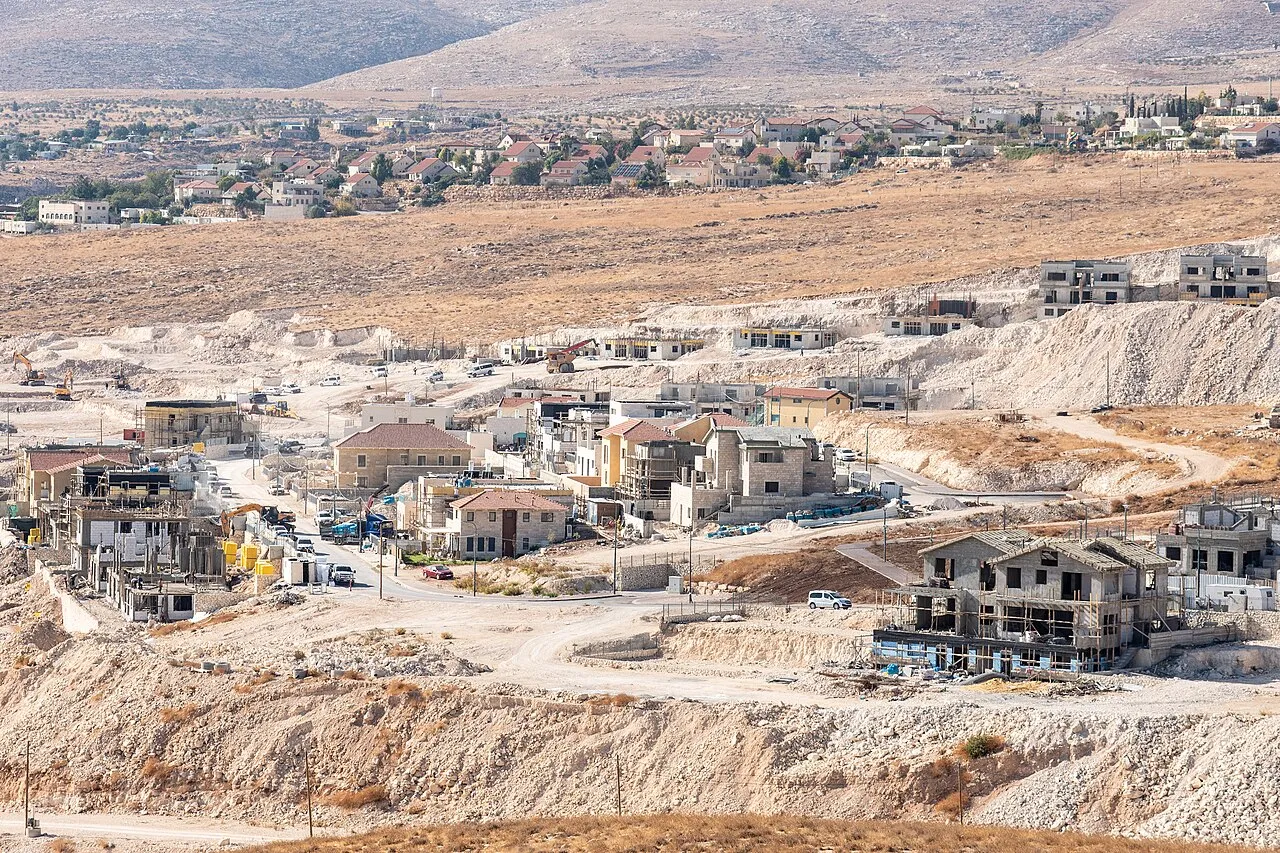China’s Foreign Minister Wang Yi, his Brazilian counterpart Maura Vieira, and Celso Amorim, special foreign policy adviser to Brazilian President Lula da Silva, met today on the sidelines of the UN General Assembly with representatives of 15 nations from the Global South, (with Hungary, Switzerland and France as international observers) to establish a “Friends of Peace” group that will pursue diplomacy, negotiation and an international peace conference to end the Ukrainian-Russian conflict. In comments made after the meeting, Amorim told reporters he was “really very satisfied… This is what President Lula has talked about from the very beginning,” the daily Metropoles reported him saying. According to Brazil’s UOL, Wang Yi said that the group could use a mechanism already existing within the UN to deal with international crises, although didn’t elaborate. The meeting did produce a final communique.
Amorim emphasized that it was Lula’s initiative to form a “group of friends of peace” but that “it took time for other people to understand that other roads don’t lead to peace.” He mentioned that resistance to the proposal came from Washington, the Europeans and of course Ukraine. President Volodymyr Zelensky claims that the China-Brazil six-point proposal announced last May “creates a space that favors Russia,” and insists that only his “peace formula” is workable, even though it excludes Russia. But Vieira emphasized that all previous proposals for Ukraine have been exhausted. “Now it’s time for something new…No one wants to duplicate efforts already made. Our goal is to accelerate diplomatic efforts that have stagnated and establish a consensus around fundamental principles that will guarantee a fair and lasting agreement.” This is not a peace plan, he said, but rather a project that can lead to a conference and negotiations, based on three fundamental principles: no expansion of the battlefield; no statements that might worsen the crisis, and a focus on dialogue.
Beyond the specifics, Amorim pointed out that while the agreement with China was the basis for this initiative, the goal must also be to broaden the group, and perhaps eventually include some Western nations. Hungary has already fully endorsed the creation of the new group.. “The real terms for peace must be reached between the parties,” he said, and taking the fight from the battleground to the negotiating table won’t be an easy process, “but I believe this is something we can achieve.” Revealing a deeper understanding of what is required in this process, echoing some Westphalian conceptions, he emphasized that not everyone will get what they want, implying that concessions will have to be made. But peace can be achieved, he said, “not necessarily an ideal peace, but a possible one.” According to an unnamed official from the office of the Brazilian Presidency, Planalto, cited by Globo News, the goal of today’s meeting was to recreate conditions that will allow for a peaceful solution to the conflict, which “takes into account both parties” interests.
Of the nations that were invited, only the U.A.E. wasn’t able to attend. Those who did included Algeria, Bolivia, Colombia, Egypt, Ethiopia, Indonesia, Kazakhstan, Mexico, South Africa, Thailand, Turkey, Vietnam, Zambia and Kenya, plus Brazil and China.



